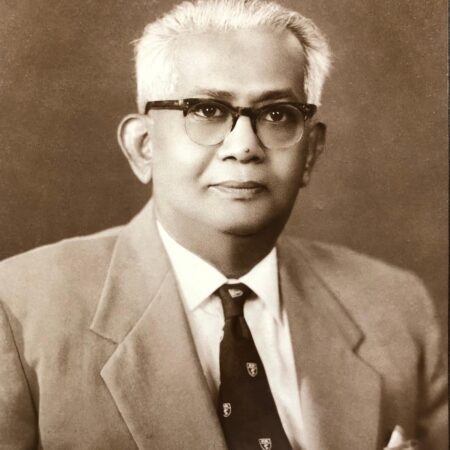by PK Balachandran
COLOMBO: Undeterred by the clashing interests of the US, India and China in the South and East Asian region, Sri Lanka is assiduously wooing these countries to achieve a quantum leap in economic development making up for 30 years of stagnation brought about by an ethnic conflict and a brutal war.
While the US is being placated by the implementation of the resolution on Sri Lanka passed by the UN Human Rights Council (UNHRC) on October 1, 2015, the Sri Lankan government is doggedly pursuing an Economic and Technical Cooperation Agreement (ETCA) with India, despite strong local opposition; and is allocating huge infrastructure projects to China setting aside some serious reservations which existed till last year.
Among the concrete steps taken vis-à-vis the UNHRC resolution, is the passing of a bill to establish an Office of Missing Persons (OMP) on Thursday amid an unprecedented commotion in parliament created by the Joint Opposition owing allegiance to former President Mahinda Rajapaksa.
While the Rajapaksa faction fears that the OMP will come under foreign influence and become an instrument to pillory personnel of the heroic Sri Lankan armed forces, the government believes it will answer a felt of the Tamil victims of war and promote ethnic reconciliation which is the bed rock of political stability and a foundation for economic development and foreign direct investments.
Due to the moves to bring about ethnic reconciliation and the existence of political stability on account of the existence of a multi-party National Unity Government, the US and the West are showing keenness to invest in Sri Lanka. The US Assistant Secretary of State for Economic and Business Affairs, Charles Rivkin, is currently in the island to promote US partnerships with Sri Lankan entrepreneurs.
China
On Friday, Sri Lanka signed an agreement with a government-owned Chinese company to build the Colombo International Financial City (CIFC) with Chinese funds to the tune of US$ 1.4 billion. To be known as the Colombo “Financial City” and not “Port City”, it will be built on land reclaimed from the sea. The Chinese company has agreed to take 20 hectare of land on a 99 year lease and not on outright purchase basis as stipulated earlier. The company has also agreed not to charge the government a compensation of US$ 143 million for stalling the project for more than a year.
On Saturday, Prime Minister Ranil Wickremesinghe will be going to China on a five day visit during which he will see places of economic interest.
Sri Lanka has granted China 15,000 acres of land in Hambantota to set up an industrial estate on a Private-Public Sector partnership basis to give jobs to one million Sri Lankans. All issues relating to the US$ 1.4 billion Chinese funded Colombo Port City Project have apparently been resolved and on Friday, a Tripartite Agreement between the Chinese company executing the project, the Megapolis Ministry, and the Urban Development Authority, is to be signed.
India
As for India, formal official level talks on ETCA were held for two days this week in Colombo. The Sri Lankan government is keen on ETCA, a free trade agreement with China, and economic cooperation agreements with Japan, Singapore and South Korea to make Sri Lanka part of the regional and global production chain.
To facilitate the transformation of Sri Lanka, Prime Minister, Ranil Wickremesinghe on Thursday announced that British laws will apply to the autonomous Colombo Financial City as it is expected to be a business and financial hub between Singapore and Dubai.
Given the need for upgraded human resources in the emerging context, Wickremesinghe said that government plans to ensure a 13 year school education fitted with a vocational training component so that school levers, now unemployable, become employable. Towards this end, an Employment and Education Act is being planned. Government is also planning to make lifelong learning possible so that anybody at anytime can acquire the skills needed to take up a trade.
The Prime Minister further said that government will set up an Employment Relations Council to coordinate education, training and employment.











![TV-Poster-All-Exhibition-Sri-Lanka-in-Focus-USA-2025[1]](https://www.srilankafoundation.org/wp-content/uploads/2025/04/TV-Poster-All-Exhibition-Sri-Lanka-in-Focus-USA-20251-450x450.jpg)










